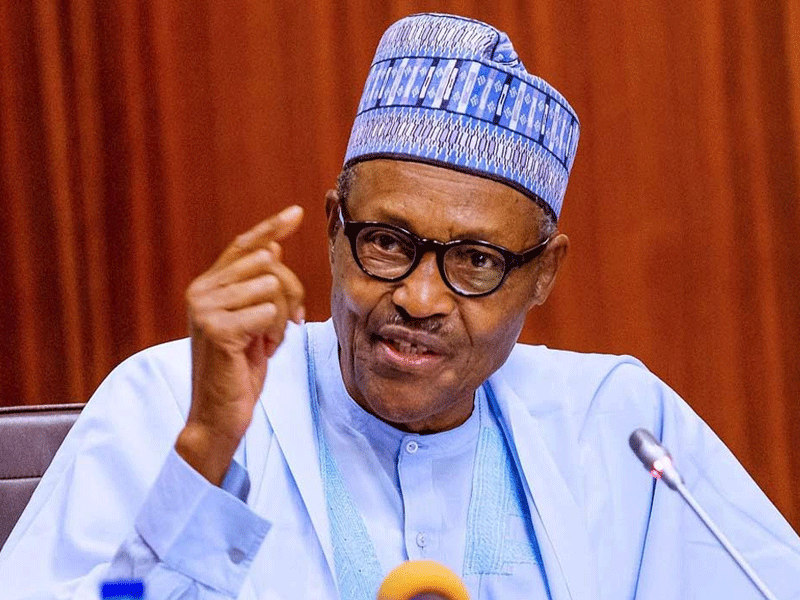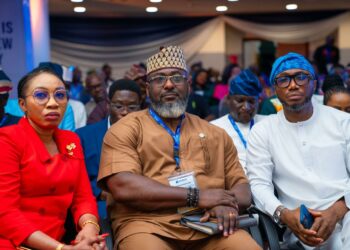Nigeria is one of the countries with the highest number of refrigerators, air conditioners and other cooling devices most of which are imported into the country with attendant consequences.
Reports indicate that some air conditioners and other cooling devices are substandard products not suitable for the Nigerian environment and may in fact pose serious health risks to the users, a threat to the environment amid the negative impact on the economy being a dumping ground for such substandard devices.
Experts have said that some air conditioners that have R22 gases may pose danger to the environment. Beyond emitting dangerous gas to the environment, they are also susceptible to explosions when exposed to certain conditions.
And to safeguard the country from such ugly incidents, the Nigerian federal government set up a National Technical Committee (NTC) to enhance sustainable cooling in Nigeria, which it said will henceforth coordinate efforts to stop substandard air conditioners, refrigerators and other cooling devices from flooding the Nigerian market.
Members of the committee include: Energy Commission of Nigeria (ECN) which is the NTC chair and Project Manager; Standards Organisation of Nigeria (SON); Federal Ministry of Environment (Dept. of Climate Change); Federal Ministry of Environment (National Ozone Office); Nigerian Customs Service; National Association of Refrigeration and Air Conditioning Practitioners (NARAP) and the United Nations Environment Programme-Project Technical Team.
Minister of science, technology and innovation, Adeleke Mamora, inaugurated the committee in Abuja recently, while declaring open a one-day National Stakeholders Consultative Workshop on “Scaling Up Energy Efficient and Climate-Friendly Cooling in Nigeria,” organised by the Energy Commission of Nigeria(ECN) in collaboration with the United Nations Environment Programme (UNEP) and other stakeholders.
Adeleke in his remarks said, “It is a fact that Nigeria is the largest market in Africa and this applies to the cooling sector also. With the current growing population, combined with improving lifestyle, urbanisation and rising global warming, Nigeria will continue to experience growing demand for air conditioners(ACs), regenerators and other cooling devices, thus, becoming one of the fastest growing ACs and refrigerators markets in the world.
“Unfortunately, most of the ACs utilised in the country have an energy efficiency ratio (EER) below internationally acceptable minimum energy performance standards (MEPS). Consequently, the importance of this workshop on scaling up energy efficient and climate-friendly cooling in Nigeria cannot be overemphasized,” he said.
He added that Nigeria through the National Energy Policy and Climate Protocols has joined the rest of the world to recognise energy efficiency as one of the most cost-effective means of providing energy security, increase economic productivity, reduce local air pollution, and help mitigate Greenhouse Gas (GHG) emissions.
Also speaking during the workshop, the director general of the ECN, Prof. Eli Jidere Bala, said the project being hosted by the commission, was launched on February 3, 2022, to accelerate the transition to climate-friendly low-Global Warming Potential (low-GWP) refrigerants and energy- efficient ACs in Nigeria, thereby contributing to meeting Nigeria’s climate targets as clearly stated in Nigeria’s Nationally Determined Contributions (NDC) in a cost effective and sustainable manner.
“The importance of this project cannot be overemphasised as it contributes to meeting one of the NDC’s targets of 2.5 per cent per year reduction in energy intensity through energy efficiency best practices across all sectors of the nation’s economy. As you are aware, space cooling by air-conditioning, and cooling of products by refrigeration, is one of the most energy intensive services.
“The more energy cooling consumes, the more emission from the conventional fossil energy sources is emitted. It is therefore important that efficient cooling in Nigeria should be given top priority in the development of the NDC implementation plan,” Prof Bala said.
Brian Hojul of the UNEP in his remarks said the UN has come to assist Nigeria address peak energy demands of Nigerians. He added that the UN will provide technical support to Nigeria in its quest to enforce global standards for the cooling sector.
While the project has all the expertise to ensure a suitable standard for Nigeria’s cooling system, there is a lot of vigilance needed to curb the menace especially as some of the substandard products are smuggled into the country sometimes with alleged complicity of compromised national security officials. This corrupt act must be stopped forthwith if the nation wishes to address this challenge.





